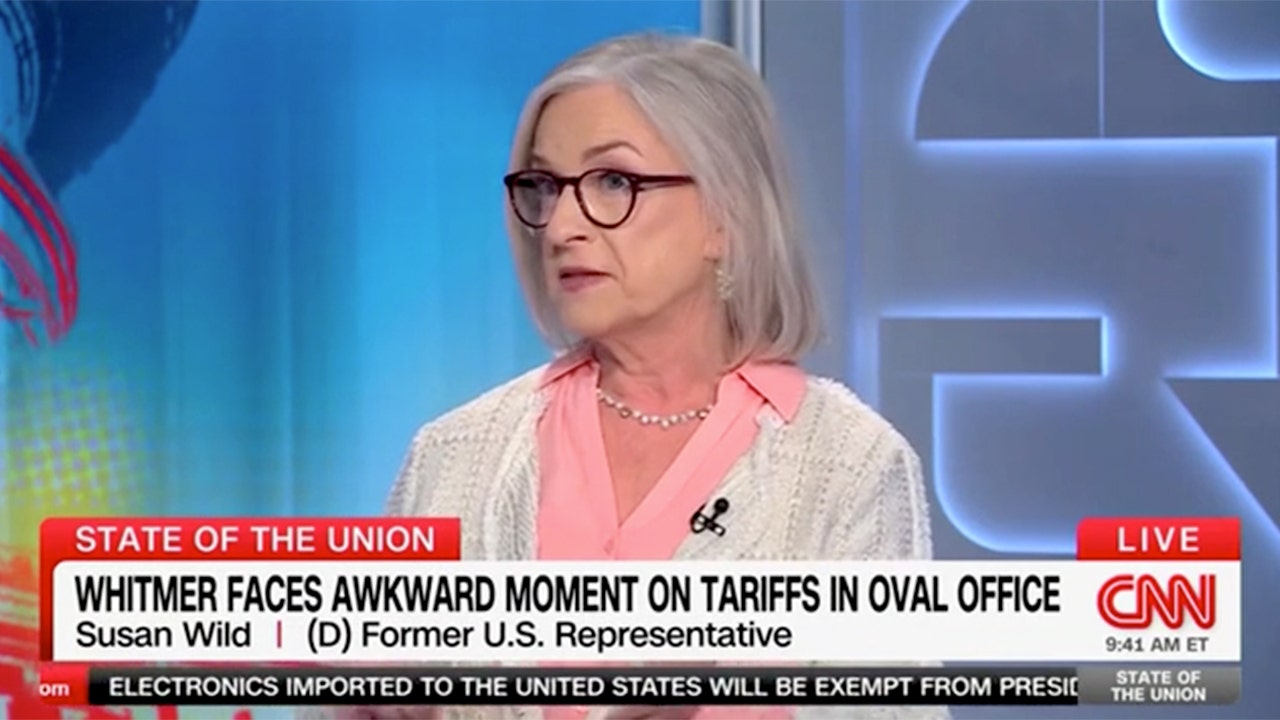Stocks have been on a tear, but analysts can’t agree on which names they like going forward. Analysts are becoming increasingly divided on names such as Tesla and International Business Machines — which have struggled recently despite the broader market rally. Other names that have skyrocketed in recent months — such as Coinbase and Robinhood — are also becoming more polarizing among analysts. This comes as the S & P 500 , Dow Jones Industrial Average and Nasdaq Composite have reached all-time highs in 2024. Against this backdrop, CNBC Pro set out to find the stocks in which analysts are most divided. To do this, we screened the Russell 1000 for names that met the following criteria: Market cap greater than $2 billion At least 20% buy and 20% sell ratings from analysts Covered by five analysts or more High volatility: year-to-date beta of 1 or more (multiple above 1 indicates greater volatility relative to the broader market) Take a look at these battleground names below: Tesla, a favorite from last year, is the second-worst S & P 500 performer in 2024. Shares have been pressured by weakening demand for electric vehicles. Still, there are plenty of analysts and Elon Musk fans who favor the stock. About a third of those covering the stock have a buy-equivalent rating on it, while 20% give it a sell or underweight rating, FactSet data shows. The consensus price target suggests Tesla shares could gain 25.3% over the next year from Friday’s close, via FactSet. Goldman Sachs on Monday kept its neutral rating but slashed its price target on Tesla by $30 to $190. Analyst Mark Delaney said he continues to believe the EV maker is “well positioned for longer-term growth given its strong position in the EV and clean energy markets,” but that softer near-term market demand are weighing on the company’s earnings. Tesla’s fourth-quarter revenue and profit missed analysts’ expectations as its automotive revenue increased just 1% from a year earlier. Software builder Palantir is another name that made the list, with 38% of analysts giving the stock a buy rating and 31% rating it a sell. The company, known for its defense and intelligence work with the U.S. government, has seen its share price skyrocket more than 38% this year, largely fueled by strong quarterly earnings and generative AI optimism. The stock has a fairly high year-to-date beta of 2.9. “We see the win cementing Palantir as the AI Prime in the world of Defense and anticipate further penetration opportunities as the heritage defense companies acknowledge the advantages of outsourcing more software capabilities,” Bank of America analyst Mariana Perez Mora wrote in a March 6 note, reiterating her buy rating and increasing her price target on the stock by $4 to $28. Palantir shares are down about 5.1% this month, however. CEO Alex Karp told CNBC on Wednesday that the company has lost and expects to continue losing employees over his public support for Israel amid the Israel-Hamas war. Famed investor Peter Thiel recently sold $175 million worth of Palantir stock. Tech and services provider IBM made the list as well. Roughly 40% of analysts rate it a buy, while a fifth have sell equivalent ratings on the stock. is largely favored by Wall Street, receiving buy ratings from 40% of analysts covering the stock, and sell ratings from just a fifth. According to analysts’ average price target of $187.04, shares could decline 2.1%. Already this year, the stock has jumped 17.2%, outperforming the broader market. Other stocks analysts are divided on include sports apparel retailer Lululemon , which still has buy ratings from 50% of analysts covering the stock, and United Rentals , which has a 50-50 split in analysts’ buy and sell ratings.
Sunday, April 13, 2025
Customer Support

1251 Wilcrest Drive
Houston, Texas
77042 USA
Call-832.795.1420
e-mail – news@theinsightpost.com
Subscribe To Our Newsletters
Categories
- Africa
- Africa-East
- African Sports
- American Sports
- Arts
- Asia
- Australia
- Business
- Business Asia
- Business- Africa
- Canada
- Defense
- Education
- Egypt
- Energy
- Entertainment
- Europe
- European Soccer
- Finance
- Germany
- Ghana
- Health
- Insight
- International
- Investing
- Japan
- Latest Headlines
- Life & Living
- Markets
- Mobile
- Movies
- New Zealand
- Nigeria
- Politics
- Scholarships
- Science
- South Africa
- South America
- Sports
- Tech
- Travel
- Travel-Africa
- UK
- USA
- Weather
- World
No Result
View All Result
Recent News
Theinsightpost ©2024 | All Rights Reserved. Theinsightpost is an Elnegy LLC company, registered in Texas, USA



















Discussion about this post